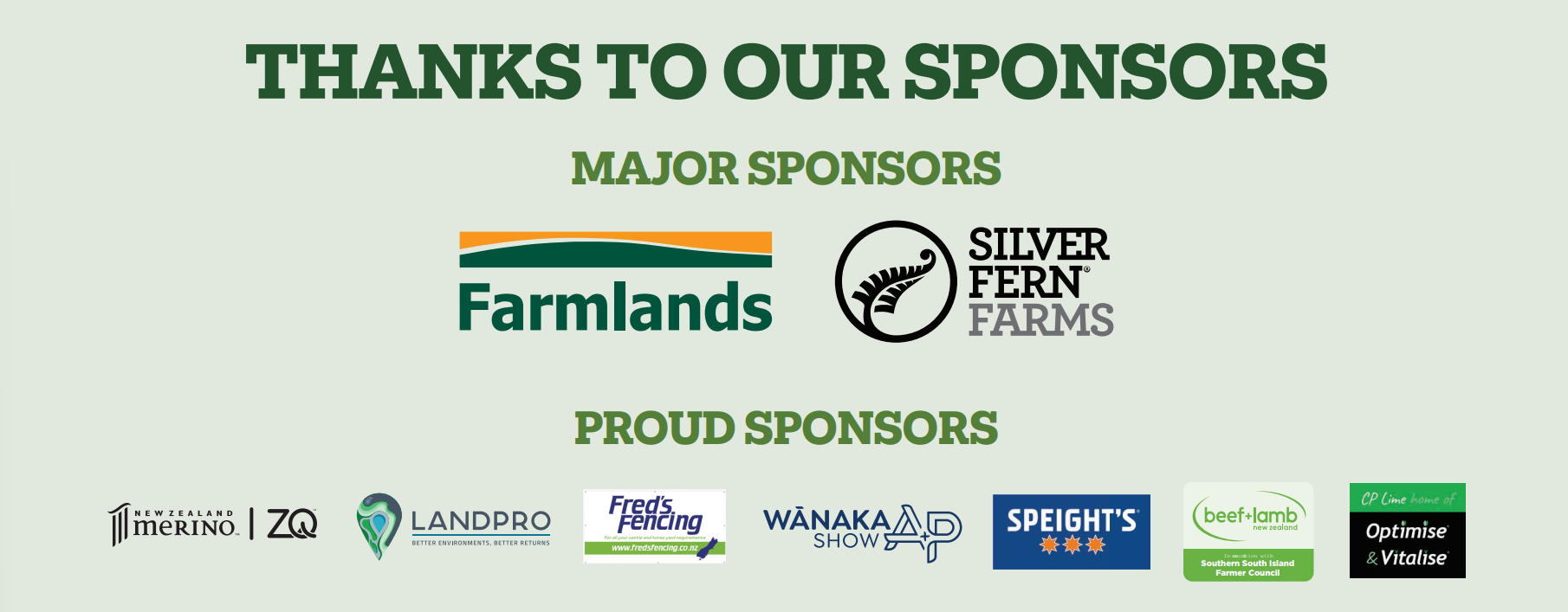
Delving deep into the tedious fineprint of district plans isn’t North Canterbury dryland sheep and beef farmer Ben Ensor’s favourite pastime.
Sadly, it comes with the territory of farming nowadays.
Far better to front-foot approaching regulations and compliance than be at the brunt end of it is his theory.
As one of the founders and chairman of the Hurunui District Landcare Group, he’s poured through more planning papers than most.
He said any group usually started with an issue and the group was no different.
Its catalyst was planning processes that made most dryland hill country farming "essentially illegal".
Based on grandparent nutrient allocations, if farmers went above a 10% increase in nitrogen discharges they would need to get consent, except it would never be given as the Hurunui River was fully allocated.
Dryland farming fluctuates much more than this cap from one season to the next, so farmers were facing being unable to put in a winter crop or lucerne because it would have put them over.
The group challenged the regional plan, which was eventually rewritten so un-irrigated farming is a permitted activity in the district.
He said it was a satisfying result after a "drawn-out and draining" process, with the farmers the only ones in the room not being paid.
Round two is just around the corner, as the plan will be taken over by a new national policy for freshwater.
"Unfortunately we’ve got a lot of very poorly constructed rules. When it comes down to it, and if you end up in court, the plan is what you’ve got and that’s what the council has to abide by, so all common sense and reasonable approaches go out the window and farmers need to be aware of that."
The group started in 2016 and its 300 members today include most of the district’s dryland farmers over a total of 300,000ha.
Ben said it helped them deal with regulations that kept coming at them and make them aware of environmental issues so they could do what they could to manage their environment.
He runs a hill country summer-dry property called Jedburgh and another irrigated finishing block with his wife Jane and daughter Samantha on the coast to the east of Cheviot.
The main challenge they face is the variability of seasons — typically dry but wet the past two years — and the finishing block has helped to even this out.
The second generation farmers take their environmental responsibilities seriously, with their system fine-tuned to make it repeatable into the future.
That includes putting the brakes on cultivation in the hill country, keeping good pasture cover year-round, putting in kilometres of fencing to subdivide blocks and having reticulated stock water in all paddocks.
Like a lot of hill country, it can be erosion-prone and they’ve been busy planting and retiring some land to address that.
A 30ha QEII covenanted block of regenerating native bush with older remnant trees was inherited when they bought the neighbouring block and more native gullies are being fenced off.
This environmental position extends beyond the farmgate, with Ben a founding member of Silver Fern Farms’ Net Carbon Zero programme.
Farmers were looking down the barrel of a tax for methane and this was one way to balance the books, he said.
"I really liked the idea of having a meat product that’s net carbon zero because we get a lot of bad press that we’re 50% of the problem, which is completely untrue when you look at the effect methane has on warming. It was a no-brainer as it uses native regenerating bush on suppliers’ properties as an offset."
He’s proud of their growing business and takes satisfaction with the team and culture they’ve developed.
"I love farming and the animals and it’s the satisfaction of being able to produce a product that’s good for people and the land. There’s the people side of it, too, and it’s a challenge with every season different. So trying to balance all the changes to get an outcome — that’s what keeps me coming back."
— Tim Cronshaw
















